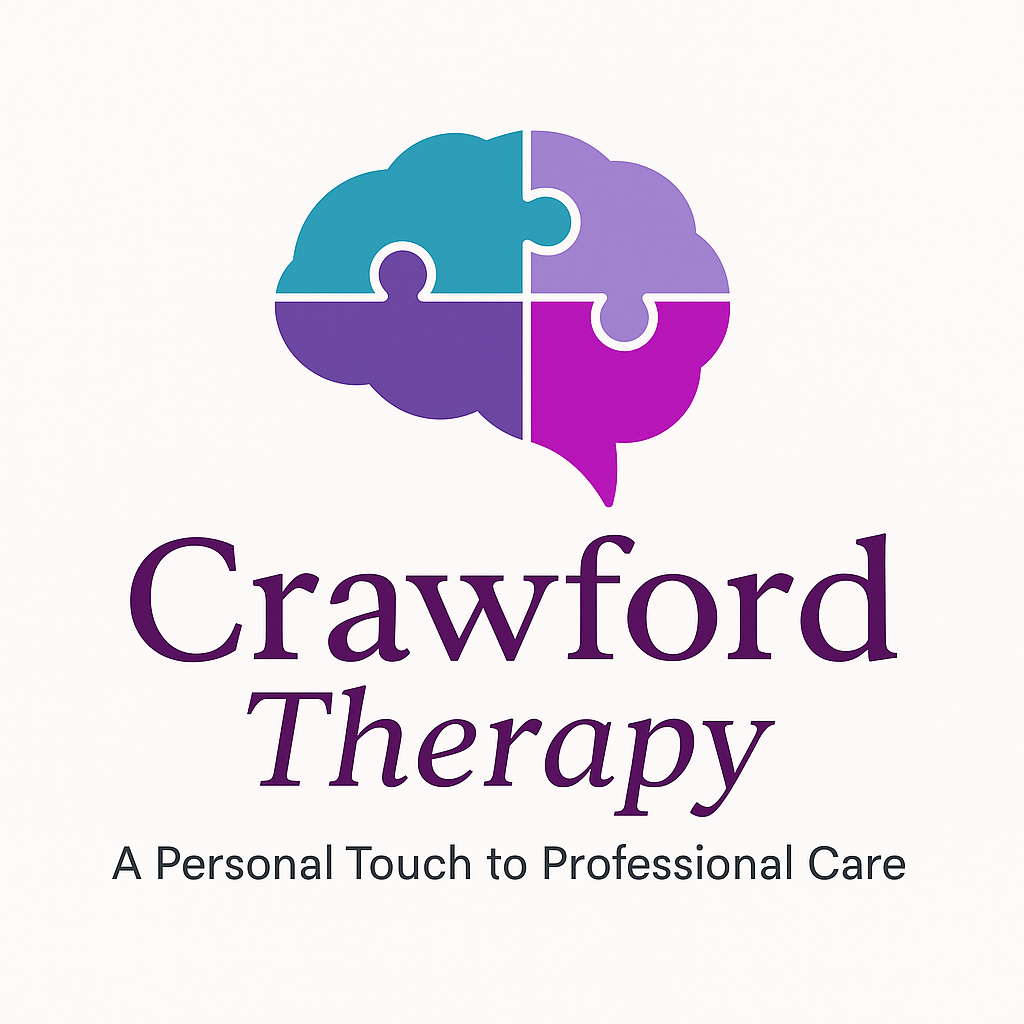What is Anxiety?
![Anxiety]() Anxiety is an emotion characterized by feelings of tension, worried thoughts, and physical changes like increased blood pressure. Most people will experience anxiety in some form during their life-before a job interview, on the first day of school, or when faced with a significant decision. While these occasional bouts of anxiety are normal, anxiety becomes a concern when it’s excessive or persistent, affecting daily functioning.
Anxiety is an emotion characterized by feelings of tension, worried thoughts, and physical changes like increased blood pressure. Most people will experience anxiety in some form during their life-before a job interview, on the first day of school, or when faced with a significant decision. While these occasional bouts of anxiety are normal, anxiety becomes a concern when it’s excessive or persistent, affecting daily functioning.
In clinical terms, anxiety disorders are a group of mental health conditions where feelings of fear and worry are so overwhelming they disrupt a person's ability to lead a normal life. Common anxiety disorders include generalized anxiety disorder (GAD), social anxiety disorder, panic disorder, and specific phobias.
Many people wonder, what exactly causes anxiety? The truth is, it’s often a mix of genetic, environmental, and psychological factors. Trauma, stressful life events, or even long-term exposure to stressful situations can contribute to developing anxiety. Moreover, anxiety can co-occur with other mental health conditions, like depression, making it even more difficult to manage.
How Anxiety Negatively Affects Your Life
Living with anxiety can feel like an uphill battle. While occasional worry is a part of life, chronic anxiety can lead to severe disruptions in one’s emotional, physical, and social well-being. Anxiety often manifests physically, leading to symptoms such as muscle tension, fatigue, nausea, headaches, and a racing heart. Over time, these symptoms can worsen and contribute to other health issues like high blood pressure, heart disease, or digestive problems.
Mentally, anxiety chips away at your ability to focus and think clearly. It can cause indecision, lack of concentration, and make everyday tasks seem overwhelming. Emotionally, it can rob you of joy, causing irritability, mood swings, and feelings of hopelessness.
Anxiety doesn’t just affect you; it can also place a strain on relationships. If left untreated, it can lead to misunderstandings, conflict, and emotional withdrawal from loved ones. (For a deeper dive into how anxiety affects long-term health, see The Long-term Negative Effects of Anxiety.)
How Treatment Helps With Anxiety
The good news is that anxiety is highly treatable. The goal of treatment is not to eliminate anxiety entirely, but to manage it in a way that allows you to live a full and balanced life. Common treatments for anxiety include therapy, medication, and lifestyle changes.
Cognitive-behavioral therapy (CBT) is one of the most effective approaches to treating anxiety. It helps individuals understand the link between their thoughts, feelings, and behaviors, teaching them strategies to challenge negative thinking patterns. Other therapeutic approaches, like mindfulness-based therapies and exposure therapy, also show significant promise.
Medication can be helpful, particularly for those whose anxiety is debilitating. Antidepressants and anti-anxiety medications may be prescribed to help regulate mood and alleviate symptoms.
Finally, lifestyle changes, such as exercise, a healthy diet, and stress management techniques, are essential to managing anxiety long-term. (Learn more about practical solutions to anxiety in 5 Easy Steps to Relieve Anxiety.)

 Anxiety is an emotion characterized by feelings of tension, worried thoughts, and physical changes like increased blood pressure. Most people will experience anxiety in some form during their life-before a job interview, on the first day of school, or when faced with a significant decision. While these occasional bouts of anxiety are normal, anxiety becomes a concern when it’s excessive or persistent, affecting daily functioning.
Anxiety is an emotion characterized by feelings of tension, worried thoughts, and physical changes like increased blood pressure. Most people will experience anxiety in some form during their life-before a job interview, on the first day of school, or when faced with a significant decision. While these occasional bouts of anxiety are normal, anxiety becomes a concern when it’s excessive or persistent, affecting daily functioning.